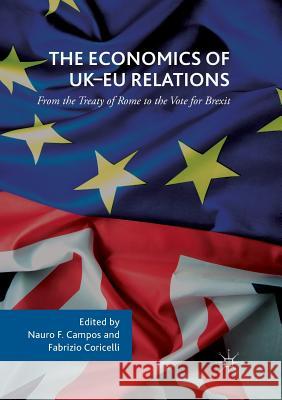The Economics of Uk-Eu Relations: From the Treaty of Rome to the Vote for Brexit » książka
topmenu
The Economics of Uk-Eu Relations: From the Treaty of Rome to the Vote for Brexit
ISBN-13: 9783319856766 / Angielski / Miękka / 2018 / 297 str.
The Economics of Uk-Eu Relations: From the Treaty of Rome to the Vote for Brexit
ISBN-13: 9783319856766 / Angielski / Miękka / 2018 / 297 str.
cena 484,18
(netto: 461,12 VAT: 5%)
Najniższa cena z 30 dni: 462,63
(netto: 461,12 VAT: 5%)
Najniższa cena z 30 dni: 462,63
Termin realizacji zamówienia:
ok. 22 dni roboczych
Bez gwarancji dostawy przed świętami
ok. 22 dni roboczych
Bez gwarancji dostawy przed świętami
Darmowa dostawa!
Kategorie:
Kategorie BISAC:
Wydawca:
Palgrave MacMillan
Język:
Angielski
ISBN-13:
9783319856766
Rok wydania:
2018
Wydanie:
Softcover Repri
Ilość stron:
297
Waga:
0.37 kg
Wymiary:
21.01 x 14.81 x 1.65
Oprawa:
Miękka
Wolumenów:
01
Dodatkowe informacje:
Wydanie ilustrowane











